日本の伝統文化と神社 / Traditional Japanese culture and shrines
あけましておめでとう。あなたにとって、今年も良い年でありますように。
Happy new year. I wish you a good year.
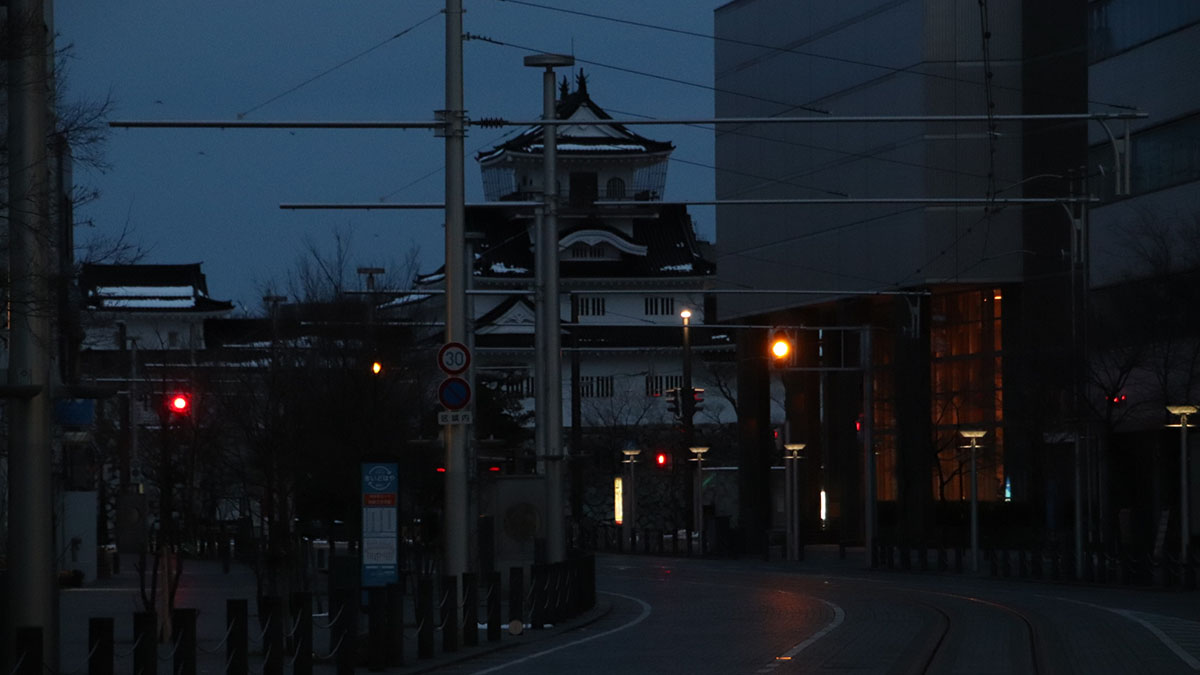
In Japan, ‘to pass the year’ and ‘to welcome New Year’s Day’ is very special. It is not a mistake to say that the traditional Japanese culture is expressed so much.
日本では、「年を越す」「元旦を迎える」がとても特別なことです。日本の伝統文化が、とてもたくさん表現される時期と言っても間違いではありません。
In Japan, ‘to pass the year’ and ‘to welcome New Year’s Day’ is very special. It is not a mistake to say that the traditional Japanese culture is expressed so much.
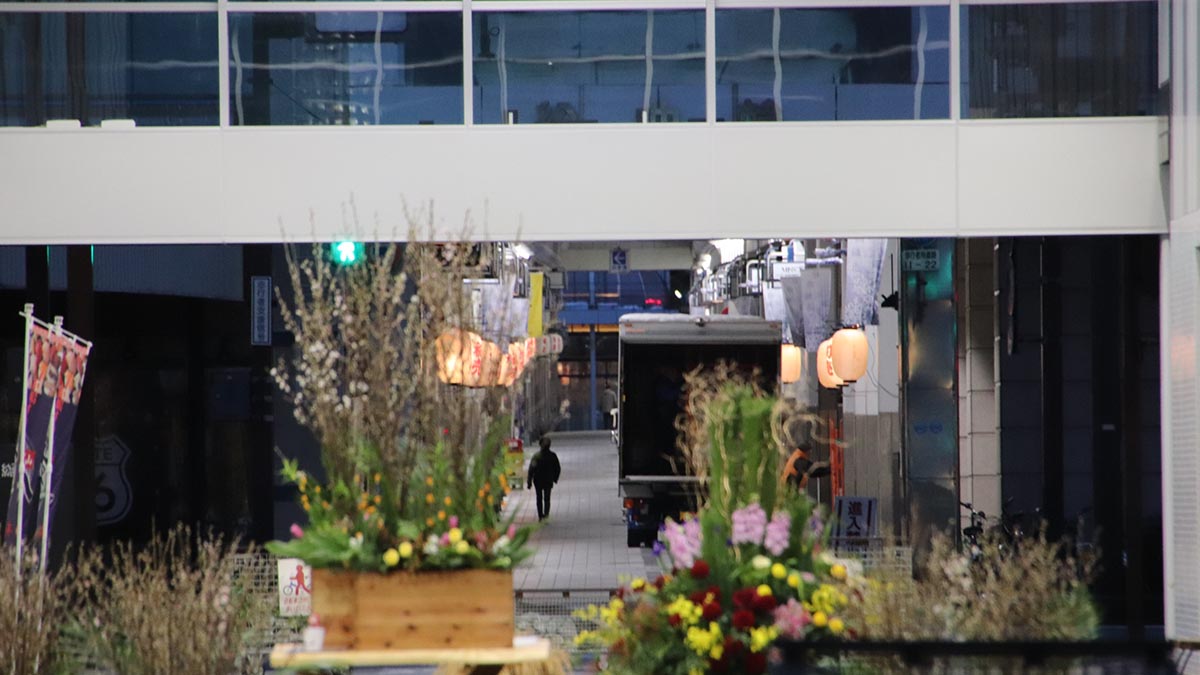
December 31st is called ‘New Year’s Eve’ ‘Oomisoka’. It means the last day of the last month of the year.
12月31日を「大晦日」「oomisoka」と言います。一年の最終月の最終日という意味があります。
December 31st is called ‘New Year’s Eve’ ‘Oomisoka’. It means the last day of the last month of the year.
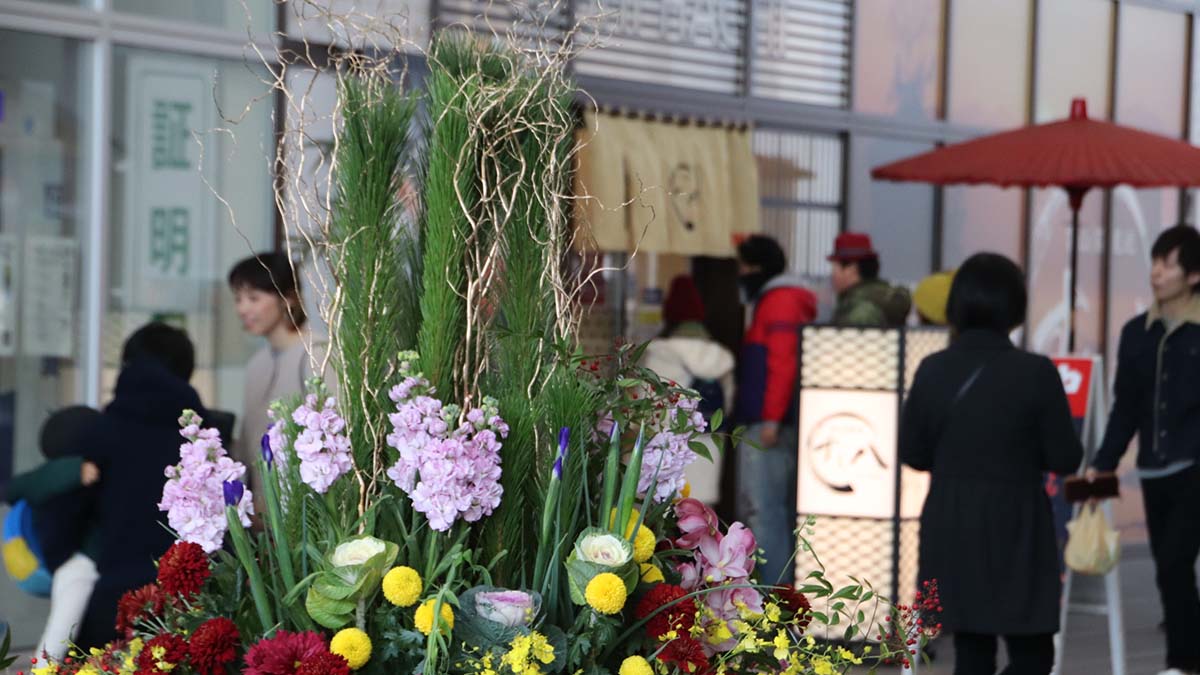
On ‘Oomisoka’, the whole town is hurriedly moving in order to have New Year’s pleasure
大晦日は、新年の喜びを迎えるために、街全てが慌ただしく動いているよ。
On ‘Oomisoka’, the whole town is hurriedly moving in order to have New Year’s pleasure
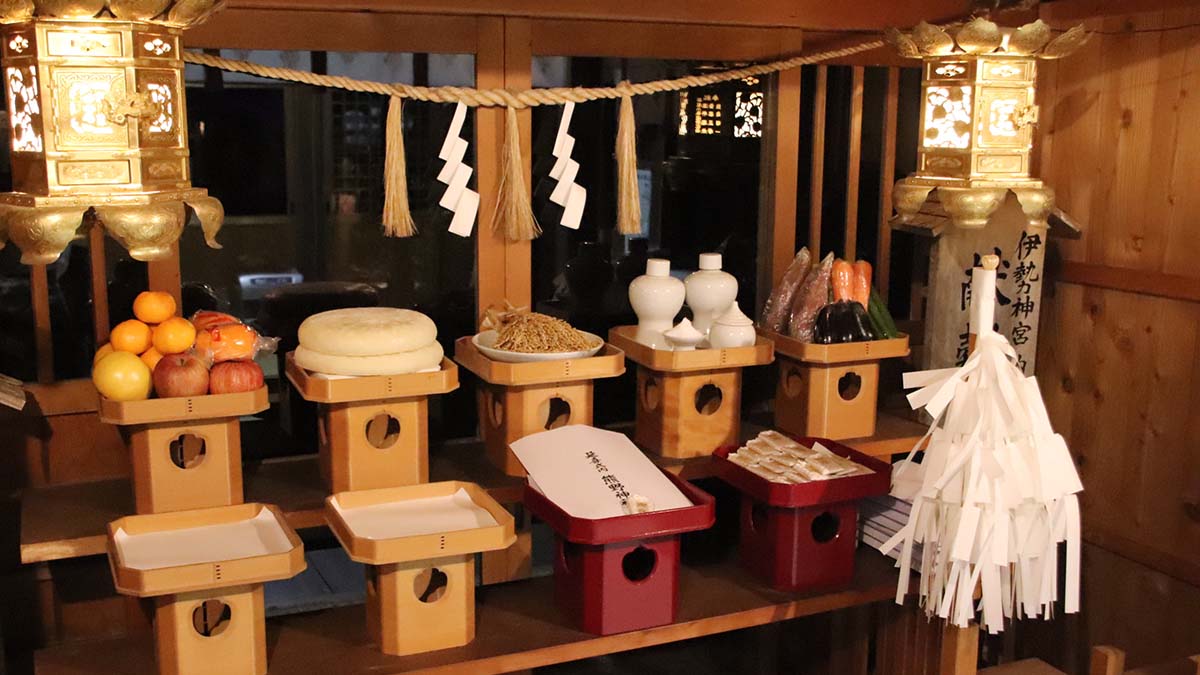
According to the traditional Japanese way of thinking, ‘It is said that one day starts from the night and changes to the morning.’
So, the night of New Year’s Eve is a very important time to have a new year.
日本の伝統的な考え方によると、「1日は夜から始まり、朝になる」とされていました。
だから、大晦日の夜は、新しい年を迎えるとても大切な時間なのです
According to the traditional Japanese way of thinking, ‘It is said that one day starts from the night and changes to the morning.’
So, the night of New Year’s Eve is a very important time to have a new year.
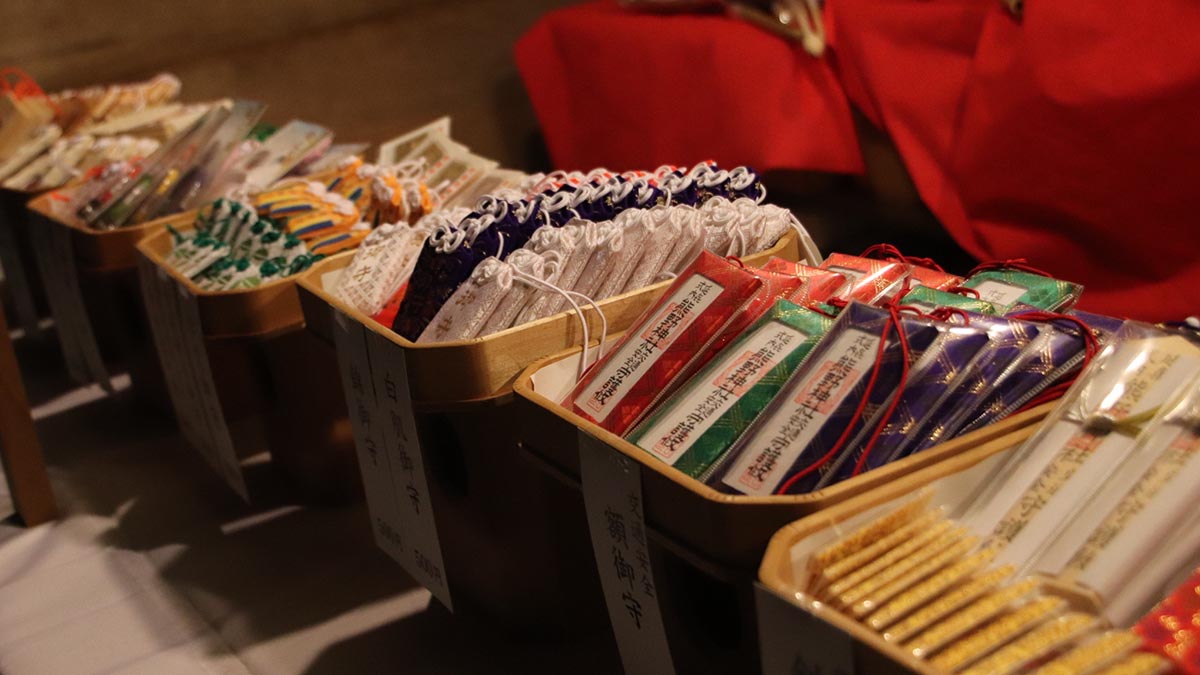
We Japanese often buy ‘Omikukuji’ and ‘Amulet’ at the shrine.
‘Omikukuji’ is an item that makes up for your year a year. (I believe in good information in the contents written in ‘Omikuji’, but I do not believe bad information)
私たち日本人は、神社で「おみくじ」と「お守り」をよく買います。
「おみくじ」はあなたの今年一年を占うアイテムです。(私は、「おみくじ」に書いてある内容の中で、良い情報は信じますが、悪い情報は信じないことにしています)
We Japanese often buy ‘Omikukuji’ and ‘Amulet’ at the shrine.
‘Omikukuji’ is an item that makes up for your year a year. (I believe in good information in the contents written in ‘Omikuji’, but I do not believe bad information)
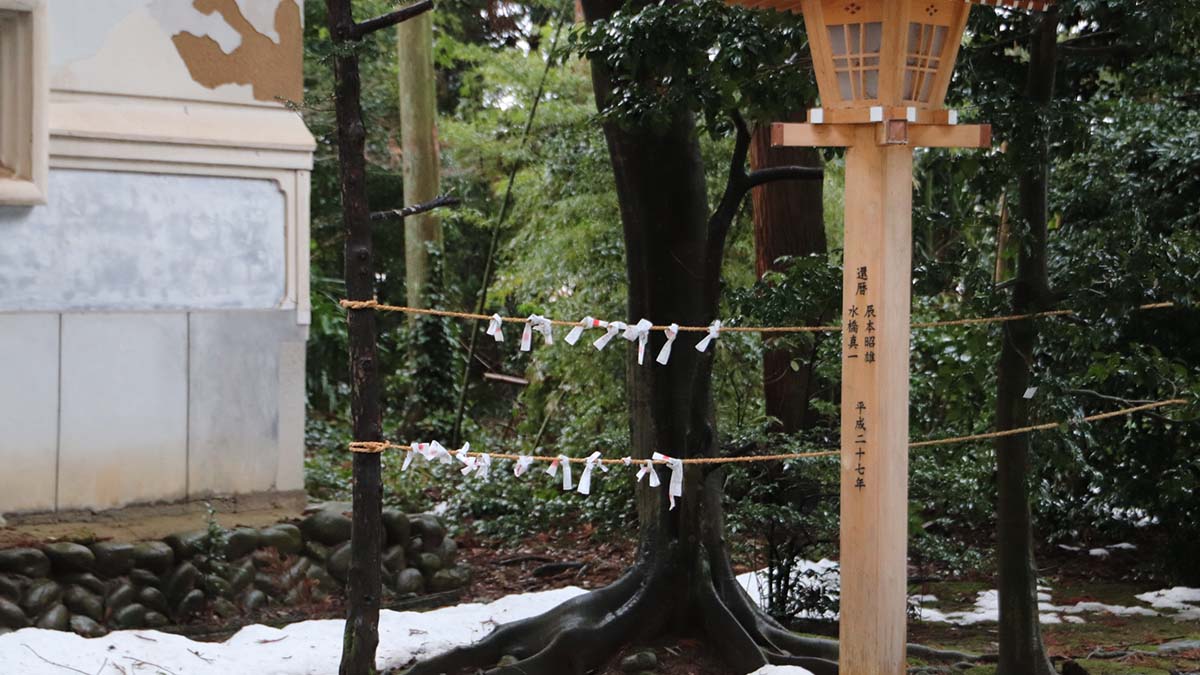
If bad information is written in Omikuji, it is said that you should put it in the shrine. However, this is not a rule that must be followed. I always take home.
おみくじに悪い情報が書かれていた場合は、神社に置いてくるといいと言われます。ですが、これは必ず守らなくてはいけないルールではありません。私はいつも持ち帰ります。
If bad information is written in Omikuji, it is said that you should put it in the shrine. However, this is not a rule that must be followed. I always take home.
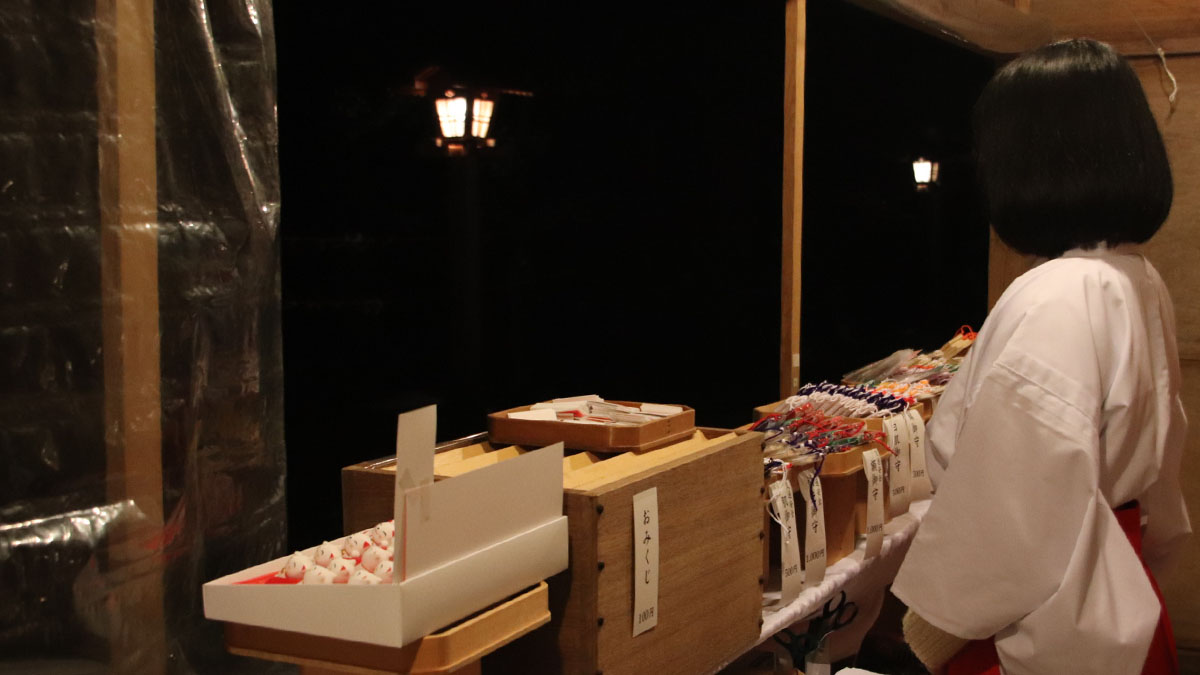
There is a kind in the amulet. Please buy a charm that will fulfill your wishes
お守りには種類があります。あなたの願いを叶えるお守りを買ってください
There is a kind in the amulet. Please buy a charm that will fulfill your wishes
日本にはたくさんの神様がいます。「八百万の神」という言葉があります。これは「たくさんの種類の神様」という意味です。
There are many Gods in Japan. There is the word ‘yao-yorozu-no-kami.’ This means ‘many kinds of gods’.
漢字で書くと、「八百万の神」と書き、「god of eight million」という意味です。
Writing in kanji means ‘八百万の神[yao-yorozu-no-kami],’ meaning ‘god of eight million’.
日本語の「八百」という文字には「たくさんの種類」という意味が含まれています。
日本の野菜販売ショップは「八百屋」といい、たくさんの種類の野菜を売っている店のことです。
The Japanese word ‘eight hundred’ contains the meaning of ‘many kinds’ . A Japanese vegetable sales shop is called a ‘greengrocer’ and it is a store selling many kinds of vegetables.
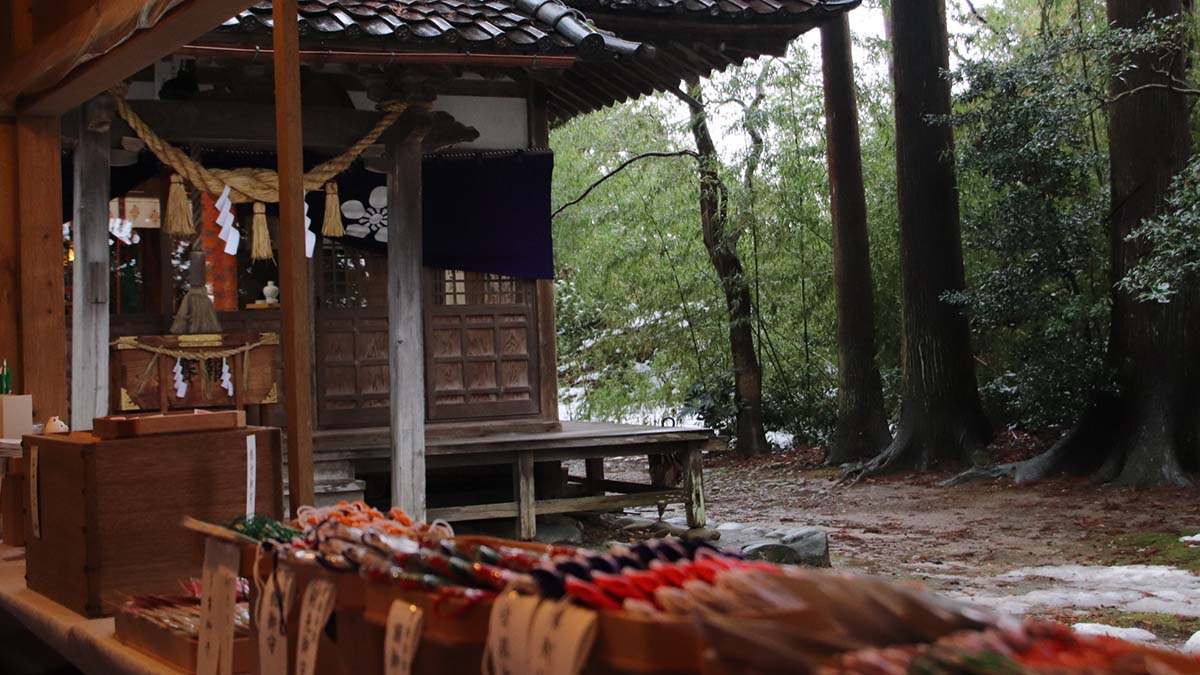
There are kinds in the work of God. ‘Oo-kami-sama’ who is in charge of all Japan, ‘Uji-kami-sama’ who is in charge of the area.
神様の仕事には、種類があります。日本全てを担当している「大神様」と、地域を担当している「氏神様」。
There are kinds in the work of God. ‘Oo-kami-sama’ who is in charge of all Japan, ‘Uji-kami-sama’ who is in charge of the area.
日本神話に出てくる「天照大神」は「大神様」です。
‘Amaterasu-Oo-mikami’ appearing in the Japanese myth is ‘Oo-kami-sama’.
氏神様は小さなエリアを担当しています。氏神様が担当している小さなエリアが集まって作られているのが、「日本国」
‘Uji-kami-sama’ is in charge of a small area. It is made of small areas that Mr. Shrine is in charge of ‘Japan’
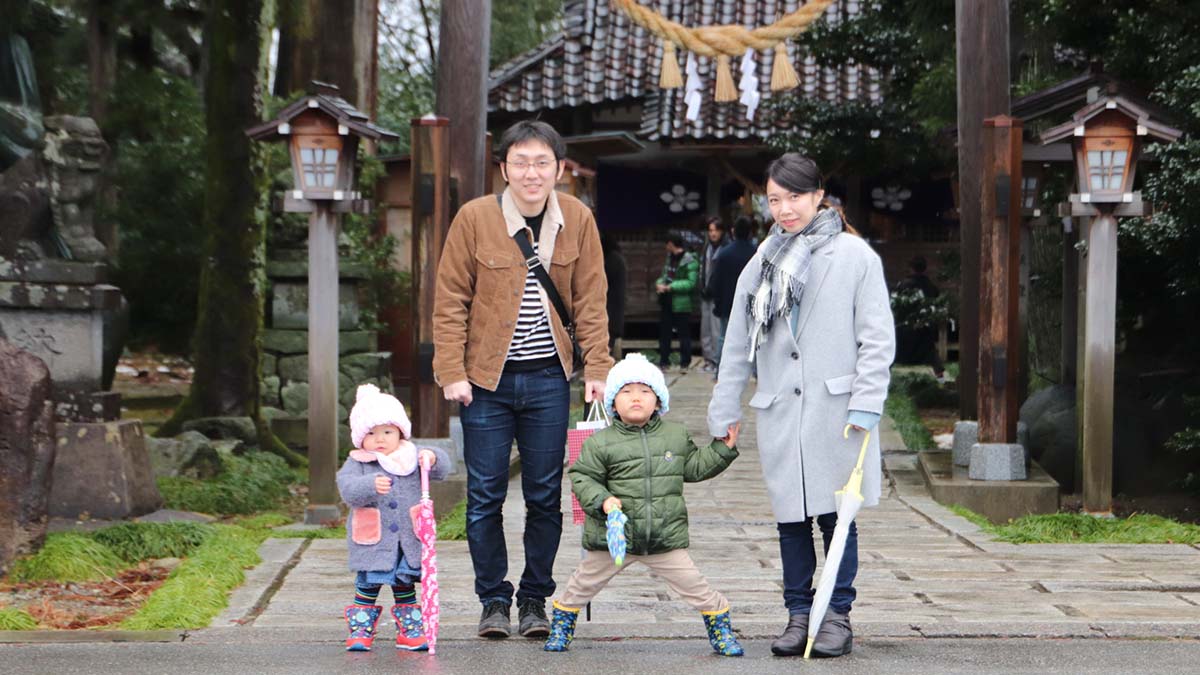
Do not forget the greeting to the Shrine who is always watching us.
いつも私たちを見守ってくださっている氏神様へのご挨拶は忘れてはいけないよね。
Do not forget the greeting to the Shrine who is always watching us.

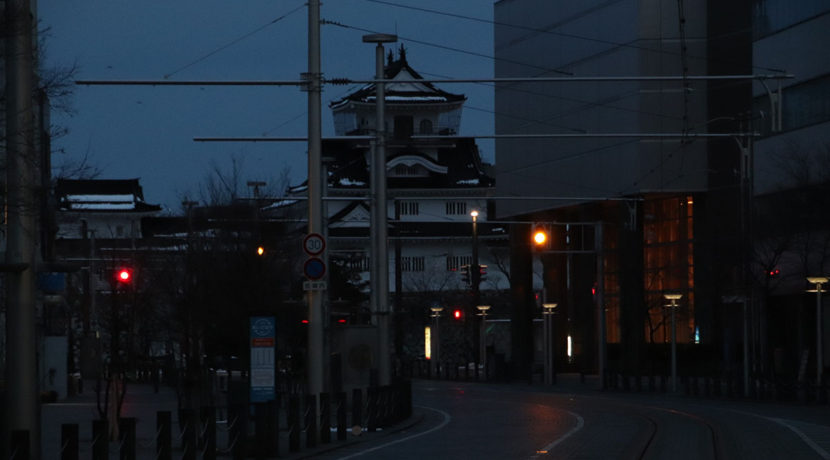
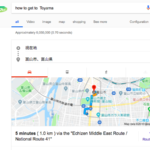
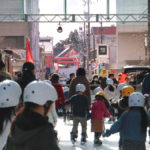

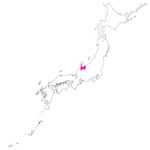
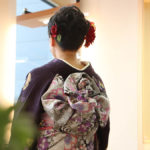
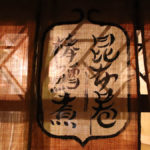
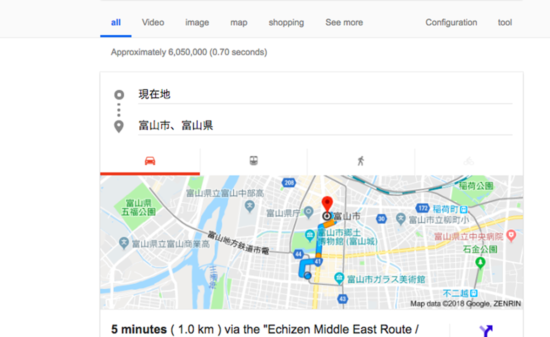
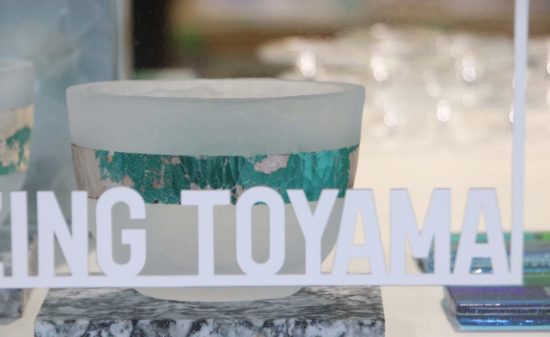
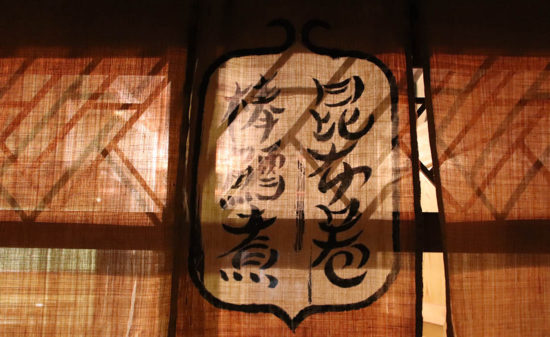
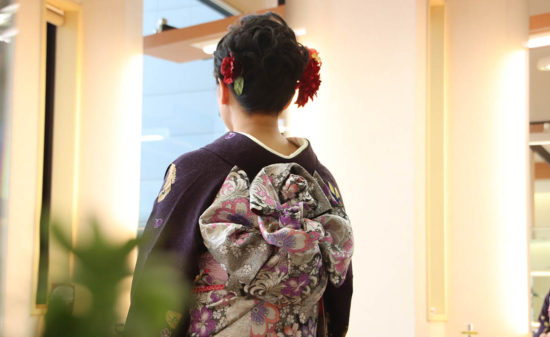
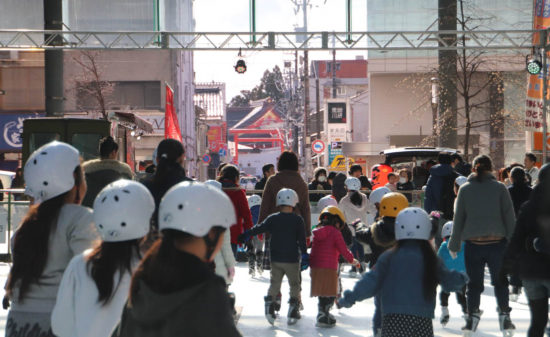
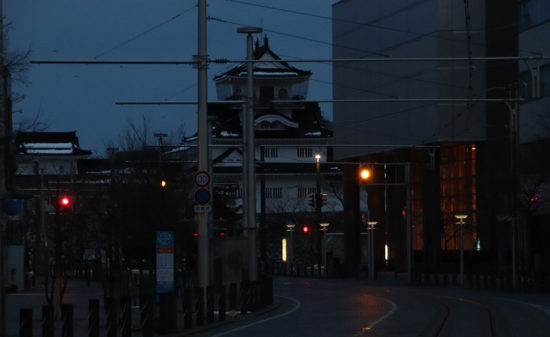
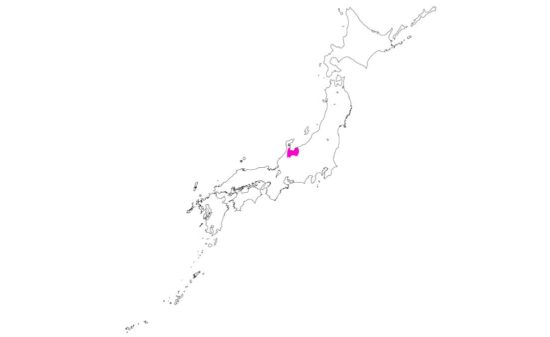
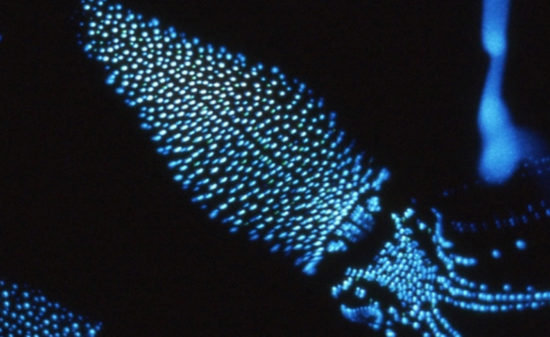
 PAGE TOP
PAGE TOP
No comments yet.